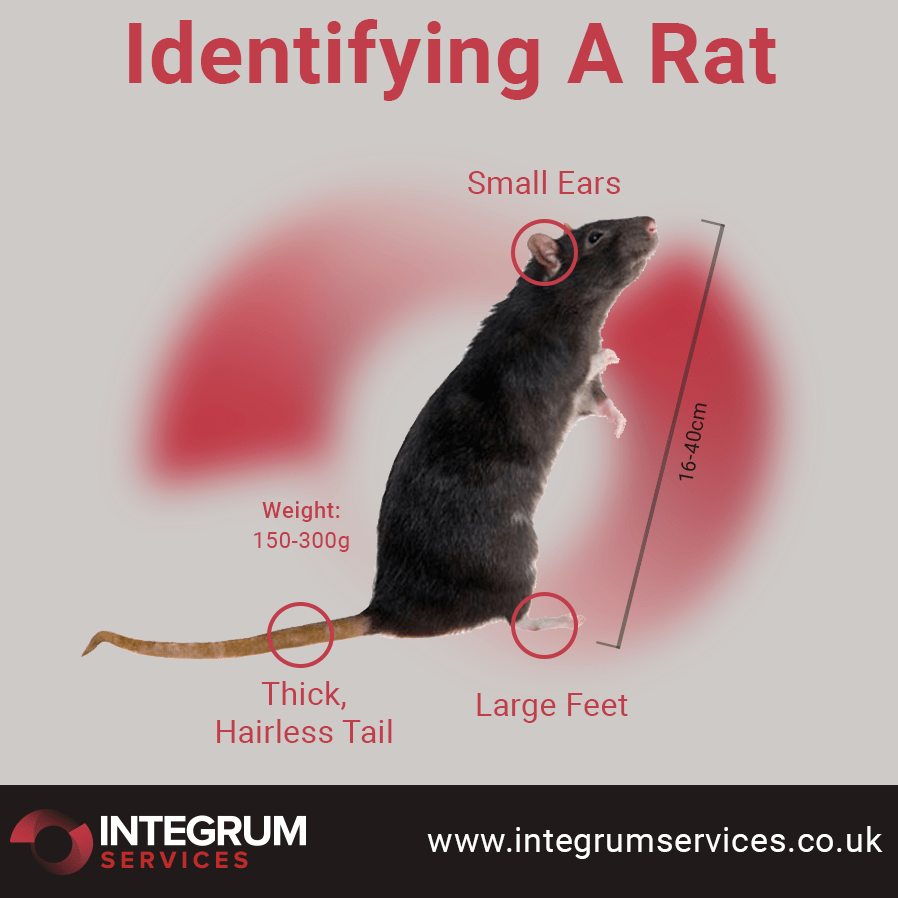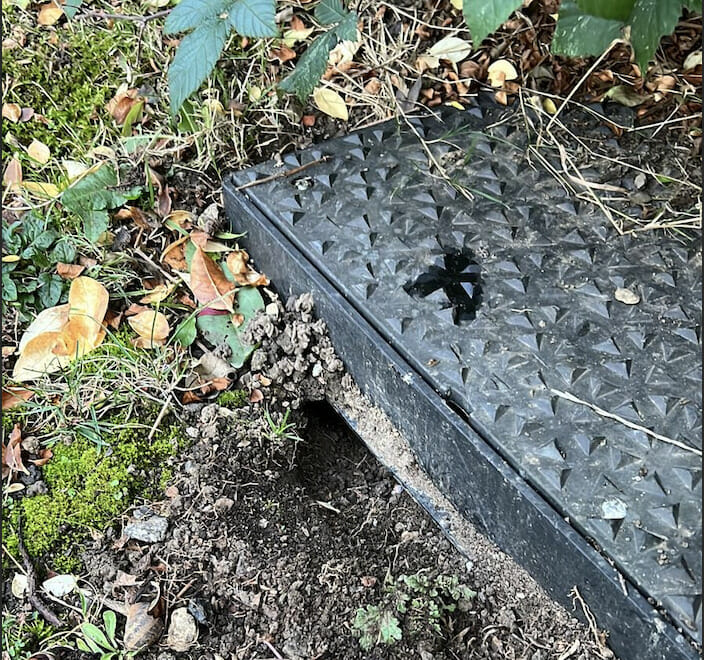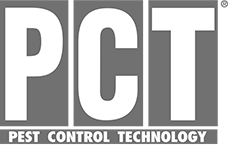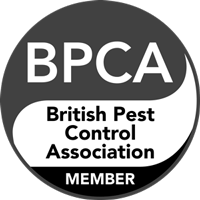Table of Contents
Rats are a common pest in the UK, but do you know the dangers their presence brings? If you’ve noticed signs of rats in your home and are looking for advice on how to get rid of rats, then you’re in the right place.
We’ve put together our top tips for removing a rat infestation from your property, including information on identifying the problem, signs to look out for, prevention methods and removal techniques.
While this article covers DIY methods and preventative steps, we always recommend using professionals. Pest control involves many dangers, especially when dealing with rats.
Contact a pest control professional to keep you and your loved ones safe. Integrum offers rat extermination London services guaranteed to rid your home and business of rats for good.
Identifying Rats in your Home
The first step in any pest problem is identifying the creature that is causing you problems. To successfully remove them from your home, it’s vital to know precisely what you’re dealing with. Control solutions vary from pest to pest, so identification should always be your first step.
Appearance
The two most common types of rat here in the UK are the Brown Rat and the Norway Rat. You may have heard them referred to as sewer rats; however, this term causes some confusion. The term sewer rat is simply an alternative name for rats and not a different rat species. Instead, the name is often used as most rat problems stem from the sewers.
Rats and mice are commonly mistaken for one another, but it’s important to distinguish between the two and discover which pest is in your home. One easy way to tell them apart is the size of their ears – rats ears are much smaller than mice ears. For further guidance on telling them apart, visit our handy rat vs mouse guide.
Generally, rats are rather large creatures, although this is obviously dependant on their age. For example, the length of a fully grown rat reaches up to 23cm – without including the tail! In the UK, the rats you see will either be brown or black, depending on the species; but all rats have similar features, as seen below.

Characteristics
Despite common beliefs, rats are incredibly intelligent creatures with extraordinary sense; these characteristics combined allow them to stay one step ahead of predators at all times.
Rats in London and across the UK can be found living in sewers and even outside in your garden. However, as temperatures drop or food sources become limited, rats will do anything they can to survive and will make their way into your home to do so.
Unfortunately for you, just one rat can quickly turn into an infestation in your home. This is because rats breed rapidly, producing up to 15 babies in each litter and between 5-8 litters per year.
It’s no wonder to see how quickly an infestation can begin. This is why it’s essential to act fast as soon as you suspect the presence of a rat on your property.
Signs of a Rat Infestation
In order to help you act quickly, we’ve put together a list of telltale signs that you can look out for to help identify a rat infestation in your home.
Noise
Rats are nocturnal creatures, making it less likely that you will catch a glimpse of them with your own eyes. Instead, you can listen out for footprints and scratching noises during the middle of the night. This is when they are usually most active and when your home is typically quiet.
Droppings
Like all other pests, rats will leave a trail of faeces wherever they go. So keep an eye out for droppings in the more hidden areas of your home – behind furniture, in the loft, in particularly cluttered areas etc.
Bite marks
Rats are rodents which means they have an inherent need to be constantly chewing in order to grind down their front incisors. To do so, rats will chew through anything they can find. So look out for little teeth marks around your home; pay attention to food storage containers, wooden beams, and even electrical cables.
Smell
Just like the droppings, rats will also urinate wherever they go. Unfortunately for you, this can result in an awful smell in your home. The only upside to this is that you will definitely be able to smell it, thereby identifying their presence and areas they are frequenting. Furthermore, if a rat has died in your home you’ll be able to smell dead rats.
How to Prevent a Rat Infestation
If you’ve noticed rats in your home, you may be wondering how it happened. We’ve put together our top tips for preventing a rat infestation from ever occurring:
- Remove Clutter – Rats, and most rodents in general, tend to spend their time in the shadows attempting to go unseen. If your home has a lot of clutter all around, then you’re providing rats with plenty of opportunities to hide!
- Get Rid of Food Sources – one of the main reasons rats enter your home is to look for food. So don’t make it easy for them! Make sure that your food is stored away correctly in secure containers, sweep up the kitchen to remove any crumbs on the floor, and get rid of your rubbish. If rats can’t find food easily enough, they will move onto another location in which they can.
- Seal Access Points – rats aren’t gaining access to your home via the front door. Instead, they will find their way in through any hole they can find. We suggest taking a good look around your property for small gaps and sealing up any you find. Pay particular attention to doorways and woodwork that they may chew through, cracks in your walls, especially around pipework, and your roofline checking your fascias and soffits for holes.

These tips will not only help to keep out rats! Following these prevention methods will also help keep your home safe from other rodents, including mice and squirrels.
How to Get Rid of Rats in Your Home
If it’s too late for prevention and rats have already made your house their home, then they need to be removed immediately.
Rats are dangerous. Not only can they cause structural damage to your home, but rats can bite you and your loved ones, placing you in possibly life-threatening danger due to the broad range of diseases they carry.
To help you rid your home of rats, we’ve put together a list of removal methods:
Traps
Traps are one of the most popular ways of removing pests from your home, and rats are no different. Use our tips for identifying signs of rats to make sure you know the areas of your home in which they are present.
Once you know the locations in your home rats are frequenting, you can place your traps. Once you’ve set your traps, you must avoid moving them. This is a common mistake that people make when trying to rid their homes of rats.
Rats have a natural fear process called neophobia which is the fear and avoidance of new objects. They will avoid the traps for a while before daring to go near them, so don’t be tempted to check them regularly; instead, play the waiting game and let them get used to the traps.
We also recommend avoiding glue traps as they are not effective against rats. Rats will rip themselves away or chew through their limbs to escape a glue board.
Poison
While poison is a common method used in removing rats from residences, we strongly advise against the use of poison. Rats have evolved and become more immune to many poisons available on the DIY market.
Unless you have access to professional-grade rodenticides, then it’s extremely unlikely that poisons will work for you.
Poisons can also create unnecessary danger in your household. If you have young children or pets, then leaving poison around your home also places them at risk.
Furthermore, have you ever smelt a dead rat? Most poisons take a long time to work, and it’s highly unlikely that you know the exact location of all the rats in your home at all times. This means you have a high chance of never knowing the location of the dead rat, resulting in an awful smell throughout the house while the rat rots away.
Leave it to the professionals
The presence of rats in your home is dangerous, and, as we’ve learned, DIY methods are mostly ineffective. If you’ve noticed signs of rats in your home, the best thing to do is contact a pest control professional.
Integrum are pest controllers with over 70 years of experience in the pest control business. So not only do we have an excellent understanding of rats and their behaviours, but we are also equipped with the professional-grade equipment guaranteed to get the job done.
Contact us today to discuss your pest problem on 0204 566 5522 or email us at [email protected] for a free quote with no obligation.
Integrum offers professional rat removal and proofing services across the South East of England, including Surrey, and London.




